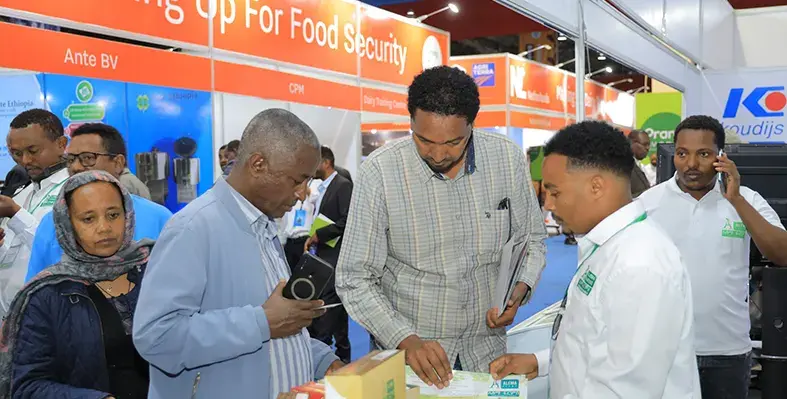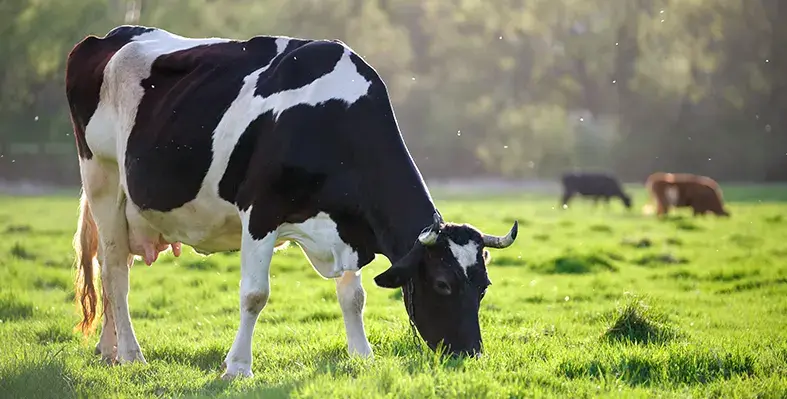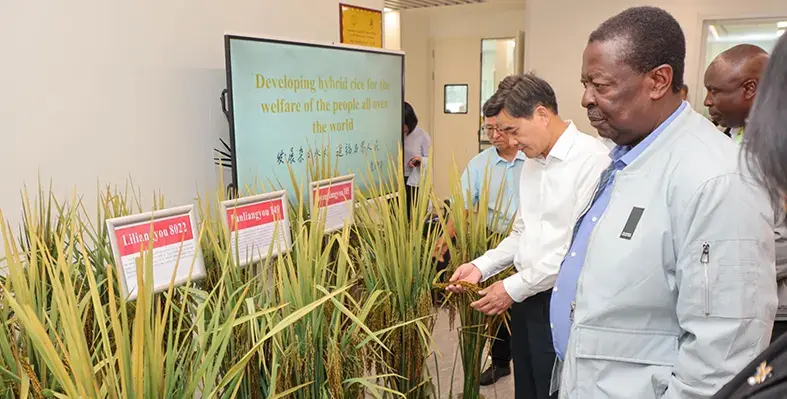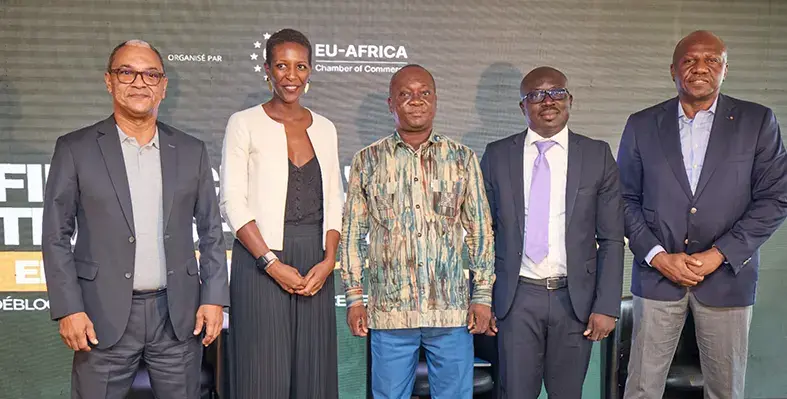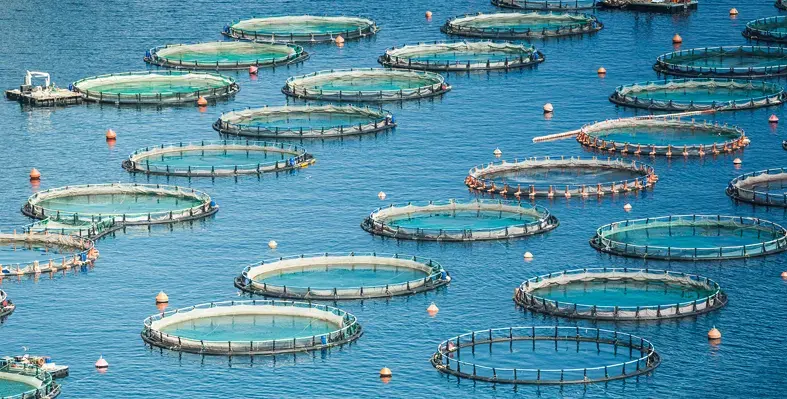
A workshop was organised to align national fisheries and aquaculture strategies and agricultural investment plans with the PFRS. (Image source: Adobe Stock)
The African Union's Policy Framework and Reform Strategy (PFRS) for Fisheries and Aquaculture in Africa aims to advance the continent’s blue economy
The initiative is a coherent continental roadmap for policy reform and investment in the fisheries and aquaculture sector. It has been instrumental in guiding AU Member States, Regional Economic Communities, and Fisheries Bodies to strengthen governance, institutional frameworks, and climate resilience in aquatic food systems.
A Stakeholder Consultation and Validation Workshop was hosted recently in Lusaka, Zambia, by AU-IBAR in collaboration with the Ministry of Fisheries and Livestock of the Republic of Zambia. The workshop seeks to align national fisheries and aquaculture strategies and agricultural investment plans with the PFRS, while integrating relevant global and regional instruments and addressing climate change adaptation.
"We aim to grow our annual fish output to 225,000 metric tonnes by 2026 by scaling up fingerling production and enhancing monitoring and surveillance systems," said Fred Mwila, acting permanent secretary in the Ministry of Fisheries and Livestock.
Representing the AU-IBAR Director, Patricia Lumba, said, “The PFRS and the Africa Blue Economy Strategy are not just policy tools—they are instruments of transformation for communities, economies, and ecosystems across Africa.”
Over the four-day workshop, stakeholders—including government officials, regional bodies, researchers, and consultants—are reviewing findings from national consultations on policy coherence with the PFRS. They are also making specific recommendations for the domestication of global instruments, such as those related to biodiversity, food safety, and small-scale fisheries. Discussions are being held in breakout sessions and plenary formats, focusing on improving national agricultural investment plans (NAIPs), ensuring climate-smart approaches, and identifying legal and institutional reforms needed to implement the PFRS effectively.




